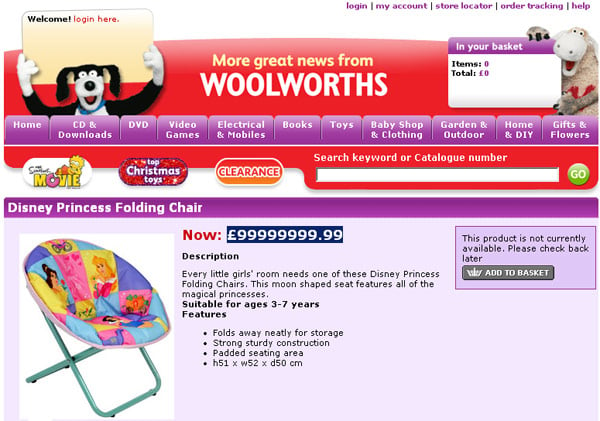 One of the great things about blogging is that you can read back over your own posts and remind yourself how you were feeling at any point in time.
One of the great things about blogging is that you can read back over your own posts and remind yourself how you were feeling at any point in time.Looking back over last week's posts I can see that I was in a rather tetchy mood (my wife confirms this to be the case). Condoning cuts in the marketing budget and dismissing tweaks to marketing messages as a finger in the dam are the sort of statements that will get me drummed out of my professional institute.
Thinking about what I was doing last week, I recall spending time with a luxury hotel, a retailer of safari holidays and a London estate agent, all businesses that are at the sharp end of the new normal. I guess I was feeling their pain. These businesses don't need tired cliches or fiddling while Rome burns, they need practical advice and hands on support to help them quickly generate more sales.
16 years of constant growth in the UK has provided marketers with the breathing space and investment to try new ideas and promulgate new principles (never a bad thing). The new normal will be the judge of which of these ideas really contribute to bottom line profit. To see which marketing myths are dispelled and how often the emperor is stripped of his new clothes will be fascinating.














